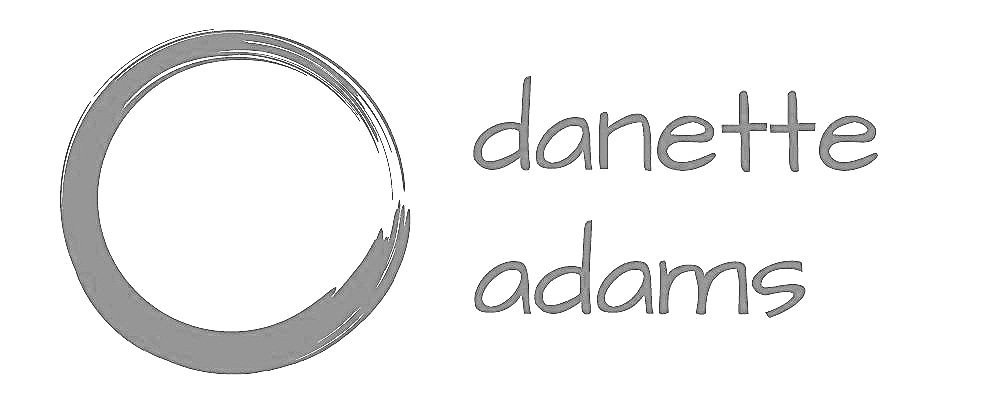it'll all end in tears
Home to moist cobwebs and well-fed centipedes, the cement basement is not a welcoming space for beings with fewer legs. In one room, the washer and dryer stand shoulder to shoulder, stoically among the arachnids and arthropods waiting in the dark to be useful. In two others, repurposed shipping pallets have been turned into shelves that keep boxes of forgotten mementos and seasonal items off the floor and free from their fear of spring flooding. Looking under the lids of dust-covered boxes, I rediscover tokens of a life that seems to have happened a lifetime ago. Each thing I find, I hold, reflect and remember. Then I decide if I will hold onto it, share, donate, sell or discard. Each emptied box creates space on the shelves for new possibilities and ultimately less sorting work for future generations to do after my demise. What if I used a similar sorting process for my emotions? Holding onto and storing them in my body without much reflection has been my default for as long as I can remember but a recent dental appointment had me wondering about the wisdom of that automatic response.  At the onset of a tooth extraction procedure, as the anaesthetic was taking a long time to kick in, I felt a familiar fluttering in my chest and twinge in my jaw that signalled tears looking for a way out. My emotional auto-pilot kicked in. I held the tears back with a freeze response that included clenching my fists and holding my breath. This contracted bodily response felt like necessary protection for me in a room that was too bright, noises that were too loud, along with the urge to flee the impending discomfort and then having to make small talk with a dental surgeon I had just met was too much. In my frozen emotional state in that dentist chair, my basement-clearing episode came to mind. I experimented with a new response. I cried. Slow, quiet tears rolled down my cheeks to my ears in my reclined position. My fists relaxed and I felt my breath in the gentle rise and fall of my belly. The young dentist asked me to keep my anaesthetized tongue out of the way while he wrenched out a fractured molar and inserted an implant with what felt like considerable force. I could tell he was uncomfortable with the moist trickles running down my cheeks and the inner voice telling me to close up my tear ducts was intrusive. Letting those tears out in light of the sensation overload was more refreshing than I could have ever expected, especially in light of my perceived, socialized expectation to keep my tears to myself or else. I felt a lightness walking out of the office and realized that I would not need to hold onto any elements of that specific uncomfortable event any longer. One and done. On a recent flight to the east coast, the sensations of the take-off and landing along with the non-stop noise in the cabin, the tears knocked on the door again. I answered. Like bookends, tears flowed for a few minutes at the beginning and end of the flight and, in between, my body mellowed in response. When I respected my nervous system’s need to process my overwhelm with tears, I didn’t experience any post-event exhaustion, intolerance or meltdowns that were frequently a result of my extended freeze response to stress. Pausing long enough to notice my learned automatic response has given me the gift of hearing what my body wants and needs. And noticing my resistance to resourcing myself even if it makes someone uncomfortable has shown me how entrenched the learned responses are. But, I’ve decided that it’s my nervous system (and the nervous system of the young child version of me who had to rely on the freeze response to survive) so I’ll cry if I want to. When greater grief comes calling, I’m hoping my tear ducts will be in good working order and that my nervous system will be the grateful recipient of the spaciousness, the softness that comes from a thoughtful, self-resourcing clear out.
At the onset of a tooth extraction procedure, as the anaesthetic was taking a long time to kick in, I felt a familiar fluttering in my chest and twinge in my jaw that signalled tears looking for a way out. My emotional auto-pilot kicked in. I held the tears back with a freeze response that included clenching my fists and holding my breath. This contracted bodily response felt like necessary protection for me in a room that was too bright, noises that were too loud, along with the urge to flee the impending discomfort and then having to make small talk with a dental surgeon I had just met was too much. In my frozen emotional state in that dentist chair, my basement-clearing episode came to mind. I experimented with a new response. I cried. Slow, quiet tears rolled down my cheeks to my ears in my reclined position. My fists relaxed and I felt my breath in the gentle rise and fall of my belly. The young dentist asked me to keep my anaesthetized tongue out of the way while he wrenched out a fractured molar and inserted an implant with what felt like considerable force. I could tell he was uncomfortable with the moist trickles running down my cheeks and the inner voice telling me to close up my tear ducts was intrusive. Letting those tears out in light of the sensation overload was more refreshing than I could have ever expected, especially in light of my perceived, socialized expectation to keep my tears to myself or else. I felt a lightness walking out of the office and realized that I would not need to hold onto any elements of that specific uncomfortable event any longer. One and done. On a recent flight to the east coast, the sensations of the take-off and landing along with the non-stop noise in the cabin, the tears knocked on the door again. I answered. Like bookends, tears flowed for a few minutes at the beginning and end of the flight and, in between, my body mellowed in response. When I respected my nervous system’s need to process my overwhelm with tears, I didn’t experience any post-event exhaustion, intolerance or meltdowns that were frequently a result of my extended freeze response to stress. Pausing long enough to notice my learned automatic response has given me the gift of hearing what my body wants and needs. And noticing my resistance to resourcing myself even if it makes someone uncomfortable has shown me how entrenched the learned responses are. But, I’ve decided that it’s my nervous system (and the nervous system of the young child version of me who had to rely on the freeze response to survive) so I’ll cry if I want to. When greater grief comes calling, I’m hoping my tear ducts will be in good working order and that my nervous system will be the grateful recipient of the spaciousness, the softness that comes from a thoughtful, self-resourcing clear out.


